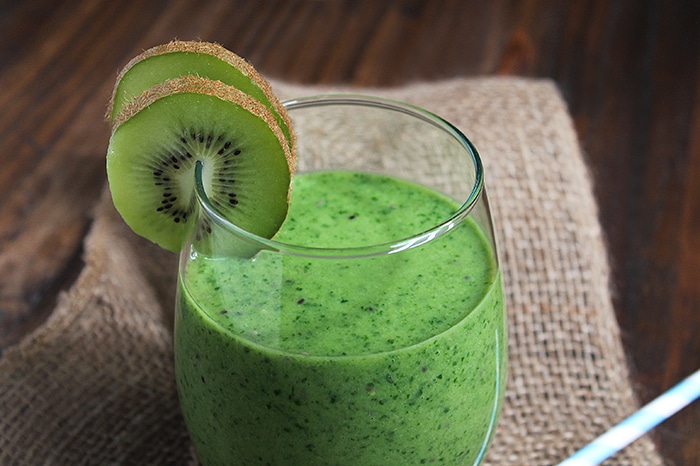
Calcium Deficiency: Ways to Cure Calcium Deficiency with The Top 10 calcium Foods, Vitamins and Supplements
Table of Contents
Ways to Cure Calcium Deficiency with The Top 10 calcium Foods, Vitamins, and Supplements
Calcium is the most abundant mineral in the body. Almost 99% of the body’s calcium is stored in the structure of the bones and teeth. Bone calcium is also used as a storage area to release calcium into the bloodstream when it is needed.
Calcium is used for nerve transmission, blood clotting, hormone secretion, and muscle contraction. Blood calcium is tightly controlled since it plays many critical functions, including balancing your body’s acid/alkaline body and pH. The body will borrow calcium from the bones as needed, so often that the bones are remodeled every ten years.
Symptoms of Calcium Deficiency
- Numbness
- Tingling fingers
- Muscle cramps
- Lethargy
- Poor appetite
- Weak or brittle fingernails
To more severe calcium deficiency symptoms such as:
- Mental confusion
- Skeletal malformations
- Dermatitis
- And in infants, delayed development
Causes of Calcium Deficiency
Many factors can contribute to calcium deficiency. The following are ways in which your calcium levels may be affected:
Aging (Getting Older)
Infants and children absorb as much as 60% of the calcium they consume. But once in adulthood and after that, your absorption slowly decreases to about 15-20%. If you’re only absorbing 15-20% of the calcium you consume, it’s difficult to get enough through diet alone.
Vitamin D Deficient
Vitamin D functions as an important hormone by sending a message to your intestines to increase calcium absorption by as much as 80%. So if your vitamin D levels are low, this could also affect your calcium levels. The most accurate vitamin D test is the 25-hydroxyvitamin D blood test. Optimal blood levels of 25OHD are 60-80 nanograms per mL.
Hormonal changes
A decline in the hormone estrogen during menopause causes women to lose bone density more rapidly. Postmenopausal women have about one-tenth the number of estrogen levels present in premenopausal women. The result in lower estrogen levels means the bones cannot absorb adequate amounts of calcium.
Calcium Deficiency Treatments
When it comes to strong and healthy bones, other critical nutrients need to be taken with calcium for optimal health benefits.
Vitamin D
Calcium and vitamin D work together. When you take vitamin D, you increase your body’s ability to absorb calcium effectively. Lara Pizzorno, author of “Your Bones,” says, “Less widely known is that vitamin D also boosts the expression of the vitamin K- dependent proteins. So when you take supplemental vitamin D, you are increasing the amount of calcium available in your body and therefore your need for vitamin K…” In other words, vitamin D increases the amount of calcium you absorb, but in turn, also increases your need for vitamin K.
Vitamin K2
Don’t mix this up with vitamin K1. Vitamin K2 has nothing to do with blood clotting factors. And it isn’t easy to get without supplementation. It is not in leafy greens like K1 and is found only in tiny amounts in eggs and cheeses. Its main role is to regulate calcium deposition. Meaning vitamin K2 cleans calcium deposits from your arteries and deposits it in your bones. Talk about important.
Magnesium
It’s reported that as many as 80% of Americans are magnesium deficient! A deficiency of this mineral affects bone growth and bone fragility and alters calcium metabolism and the hormones that regulate calcium.
Age
After peak bone mass, around age 40, you lose 1% of your total bone mineral density each year. Your absorption of vitamins and minerals also declines as you age. That is why recommendations for dietary intake of calcium are higher if you are age 51 and over.
Pregnancy
Calcium recommendations for pregnant women are no different than the recommendations for women who are not pregnant. (Intestinal calcium absorption increases during pregnancy, making recommendations the same)
Best 10 Calcium-Rich Foods to Consume
- Raw Milk
- Kale (cooked)
- Sardines (with bones)
- Yogurt or Kefir
- Broccoli
- Watercress
- Cheese
- Bok Choy
- Okra
- Almonds






